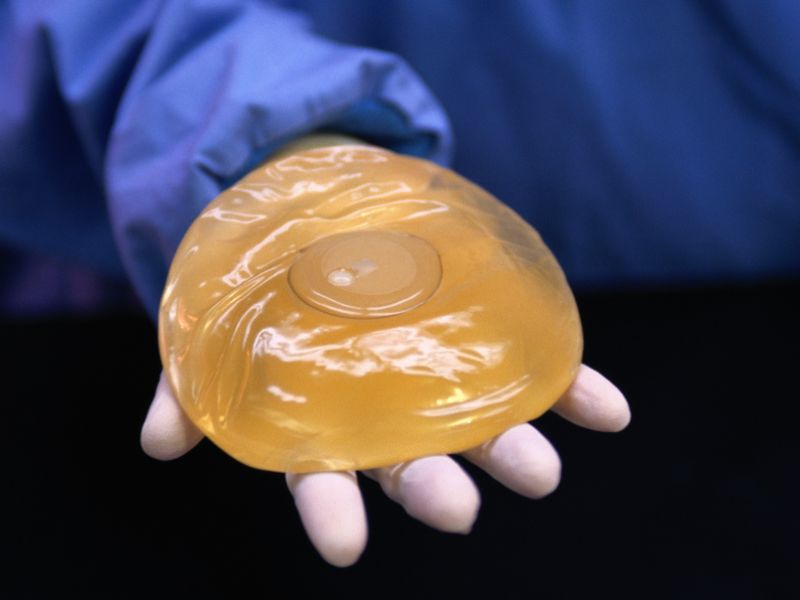
The agency suggests a boxed warning and a checklist outlining potential harms, such as pain, fatigue and further surgery.
"We have heard from many women that they are not fully informed of the risks when considering breast implants. They've stated that they need more information to facilitate meaningful conversations with their doctors and to make appropriate decisions for themselves," said FDA Principal Deputy Commissioner Dr. Amy Abernethy and Dr. Jeff Shuren, director of the FDA's Center for Devices and Radiological Health.
Many of those women suggested that a boxed warning and patient decision checklist could provide this information, Abernethy and Shuren added in an agency news release.
The FDA wants breast implant makers to warn women that breast implants are not lifetime devices, and that the risk of complications rises the longer a patient has the implant. Also, additional surgery may be required to treat the complications. Other possible complications include a risk of developing breast implant-associated anaplastic large cell lymphoma, as well as problems such as fatigue or joint pain.
Breast implant makers should also include a checklist at the end of a patient informational booklet or brochure to help guide discussion when a woman is consulting with a surgeon, the FDA said.
Along with giving patients the opportunity to review the specific risks of breast implants, the checklist should encourage them to ask about the surgeon's experience, education, training and credentials.
The draft guidance also includes revised rupture screening recommendations for patients with silicone gel-filled breast implants. Currently, MRI screenings are recommended beginning three years after implantation and every other year thereafter.
The new guidance proposes that patients without symptoms undergo either ultrasound or MRI screening five to six years after implantation and every two years thereafter. An MRI is recommended for patients who have symptoms at any time or uncertain ultrasound results for breast implant rupture.
Easy-to-understand ingredient information should also be included on breast implant labeling, the FDA said.
The proposal changes are now open to public comment.
Source: U.S. Food and Drug Administration, news release, Oct. 23, 2019.







0 Comments